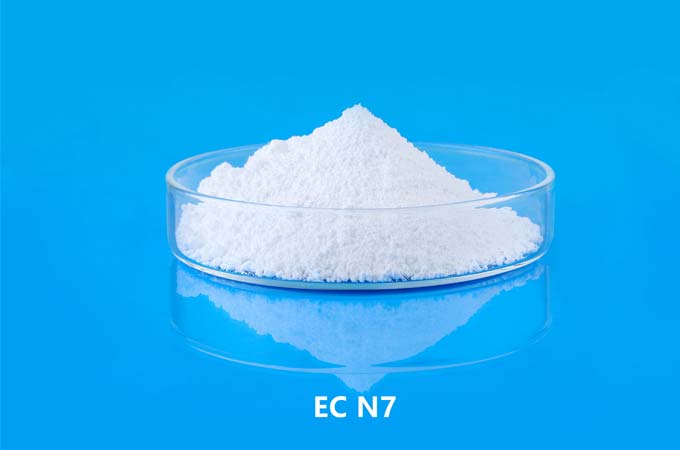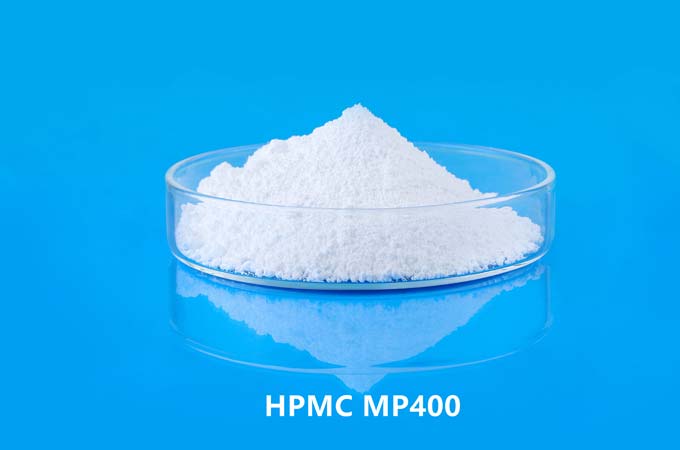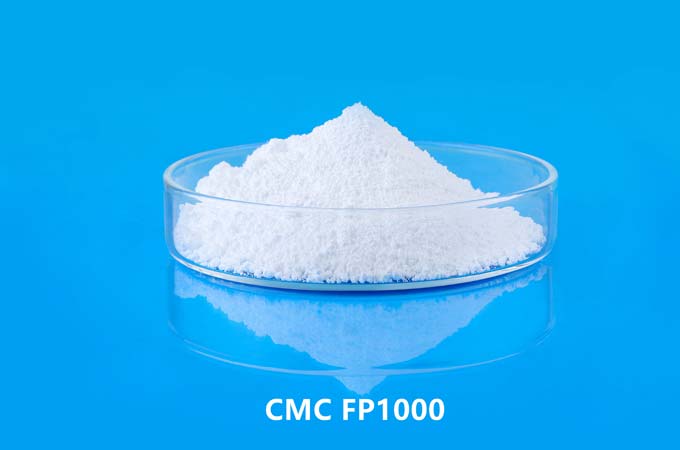1. Introduction to hydroxyethyl cellulose
Hydroxyethyl Cellulose (HEC) is a non-ionic water-soluble polymer obtained by alkalization and ethylene oxide etherification of natural cellulose. Due to its excellent thickening, emulsification, suspension, adhesion and film-forming properties, it has been widely used in many fields.
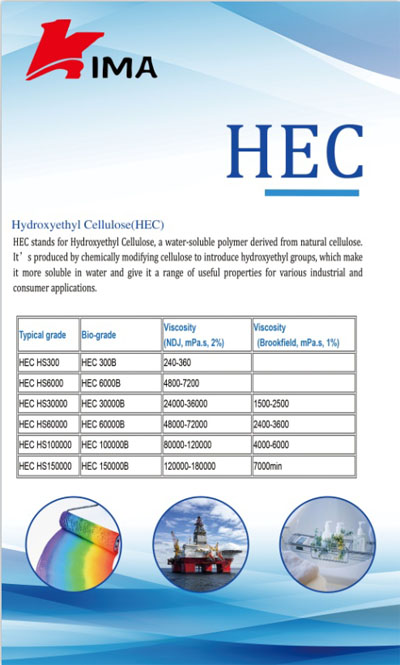
2. Usage of hydroxyethyl cellulose
Dissolution method
Hydroxyethyl cellulose is a cold-water instant cellulose with good solubility. The specific steps are as follows:
Cold water dispersion method: Slowly add HEC to cold water and stir continuously to fully wet it. After it is completely swollen, a uniform solution is formed.
Hot water dissolution method: First use hot water to rapidly swell the cellulose particles, then stir them fully in cold water to completely dissolve them.
Dry powder premixing method: Evenly mix HEC with other powder raw materials (such as mortar, putty powder) and then add water and stir, which can effectively prevent agglomeration.
Addition amount control
Depending on the specific application scenario, HEC solutions of different concentrations can produce different viscosities. The usual usage is 0.1%~2.5% of the total formula. For example, 0.4%~1.0% is usually used in coatings, while it may reach more than 2.0% in building materials.
Compatibility
Hydroxyethyl cellulose has good compatibility with a variety of anionic, nonionic and amphoteric surfactants, and is stable to a variety of electrolyte solutions. Therefore, it can be used in different pH environments.
3. Main application areas of hydroxyethyl cellulose
Construction and building materials field
Putty powder, mortar: HEC plays a role in thickening, water retention, lubrication and improving construction properties in building putty powder and dry mortar.
Tile adhesive: Enhance bonding strength and prevent sagging.
Gypsum-based materials: Improve construction properties, enhance adhesion, and prevent cracking.
Coating and paint industry
Latex paint: As a thickener and stabilizer, it improves the leveling and splash resistance of the coating.
Water-based coatings: Enhance the dispersibility and suspension of pigments and prevent pigment precipitation.
Oil extraction
Drilling fluid, fracturing fluid: As a thickener, it enhances the viscosity of the liquid, prevents mud loss, and improves drilling efficiency.
Oil recovery process: Improve the fluidity of hydrated fluid and reduce fluid loss.
Daily chemical industry
Detergents, shampoo: As a thickener and stabilizer, it improves the fluidity and foam stability of the product.
Skin care products and lotions: Enhance the suspension and viscosity of the emulsion and prevent stratification.
Pharmaceutical industry
Drug coating: Used for tablet surface coating to control the drug release rate.
Eye drops: As a lubricant, it increases the viscosity of the drug solution and improves the efficacy.
Papermaking industry
Paper surface coating: Increase the smoothness and printability of the paper.
Pulp additives: Improve the uniformity of pulp and fiber bonding.
Agricultural field
Pesticide additives: Enhance the adhesion of pesticide solutions, reduce loss, and improve the efficiency of pesticide use.
Seed coating: Increase the moisture resistance and storage resistance of seeds.
4. Advantages of hydroxyethyl cellulose
High-efficiency thickening: It can significantly increase the viscosity of liquids even at low concentrations.
Excellent water retention: Especially in building materials and coatings, it can effectively extend the open time.
Good biocompatibility: non-toxic, non-irritating, in line with environmental protection and food grade standards.
Salt resistance and acid and alkali resistance: Suitable for a variety of complex environments.
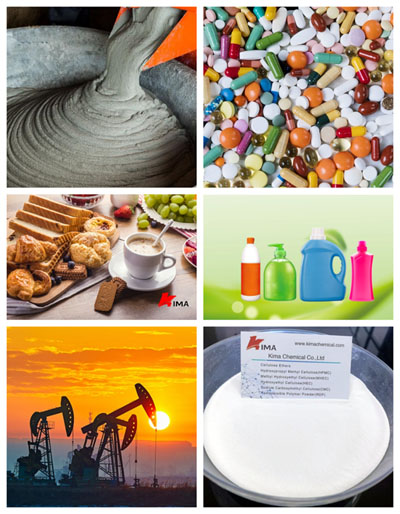
5. Precautions
Prevent agglomeration during dissolution: HEC needs to be added slowly during stirring to prevent the formation of agglomerates.
Storage conditions: Avoid high temperature and humid environment to prevent the product from absorbing moisture and agglomerating.
Usage control: Excessive use may cause the solution to be too thick, affecting construction properties.
Due to its excellent thickening, water retention, suspension and stability properties, hydroxyethyl cellulose is widely used in many fields such as building materials, coatings, daily chemicals, and oil extraction. With the continuous advancement of the concept of green environmental protection, HEC, as a renewable resource derivative, will have a broader application prospect in the fields of biomedicine and environmentally friendly materials in the future.
 English
English 日本語
日本語 français
français Deutsch
Deutsch Español
Español italiano
italiano русский
русский português
português العربية
العربية Türkçe
Türkçe Nederland
Nederland


